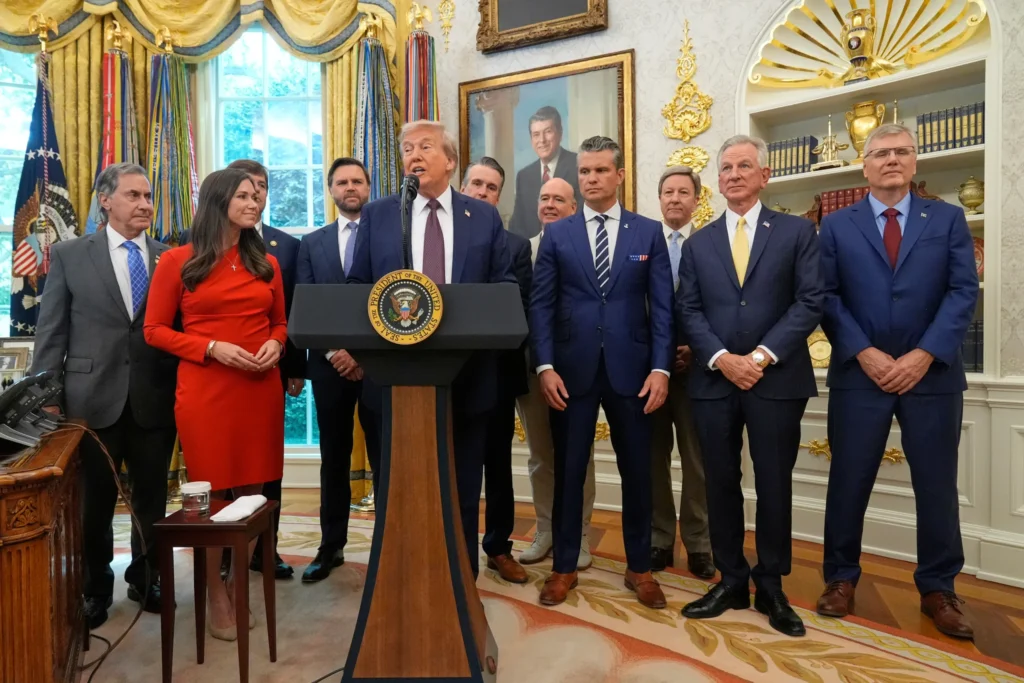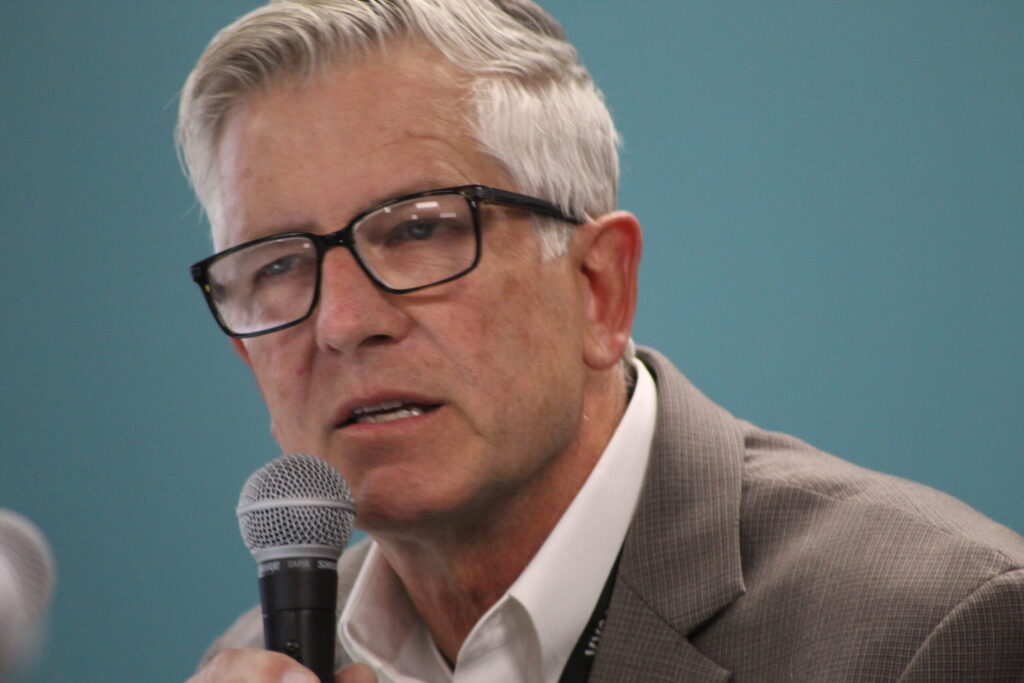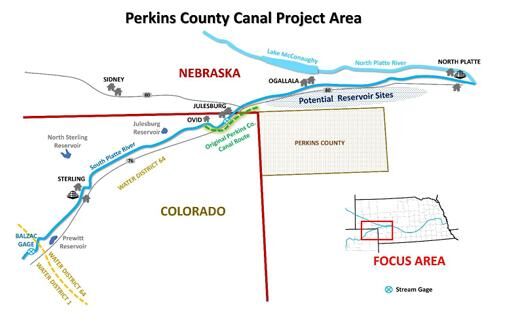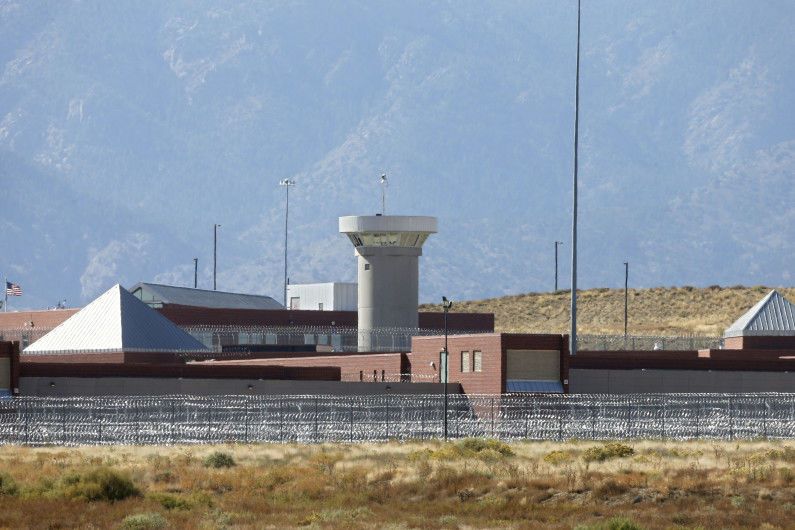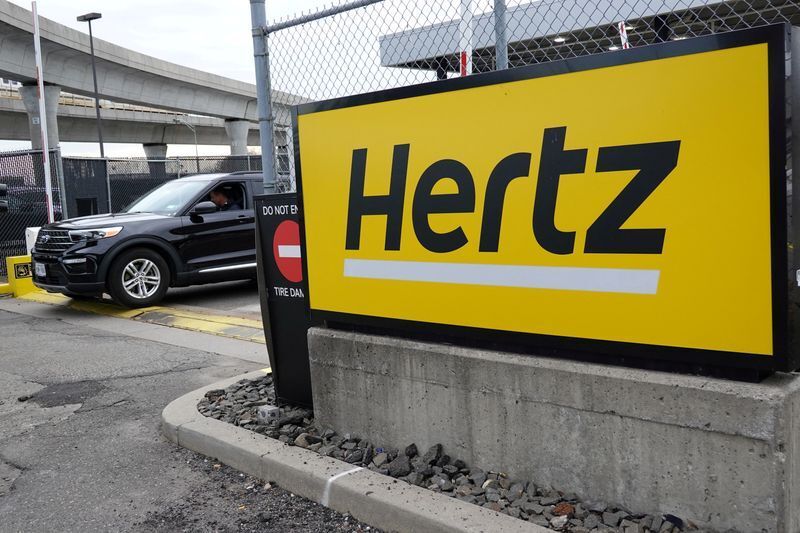Energy panel more statistical lecture than partisan sizzle
A lot of energy was spent, but not much heat resulted from the first meeting Thursday of a Republican-led Senate committee set up to hear information about the state’s troubled mix of mining, drilling and the environment.
Instead, it was more like a college lecture with advocates and experts name-dropping studies and statistics about the value of the state’s portfolio of all kinds of energy resources, from wind and solar to natural gas and crude. There was production potential, economic impact, environmental effect and climate change, all in under two hours of testimony.
Sen. Ray Scott of Grand Junction, chairman of the Republicans’ Select Committee on Energy and the Environment, said it was time to talk about facts instead of arguing politics.
“This committee is charged with reviewing facts not trafficking in fictions or far-fetched fears,” he said. “We’re here to deal with substance, not spin.”
He said mining and energy development of some sort had played a role in the founding and development of almost every place in Colorado.
“Today we find ourselves with trillions of cubic feet of natural gas, millions of barrels of oil and natural gas liquids along with thousands of wind turbines and solar panels. We boast one of the most diverse energy portfolios and economies in the United States. Some other states just dream of being where we’re at today.”
He acknowledged the deep divide on opinions, however.
“Depending on your ideology, we are either at the forefront of an energy revolution or we’re at the end of our existence as a planet, or somewhere in between,” he said. “Regardless of your political stripe, one thing is undeniable, Colorado is a leader in the energy production and technology.”
That’s why environmental groups lined up to testify to make the point that renewable energy is important and climate change is real. Conservation Colorado, the state’s largest environmental organization, didn’t come out swinging after. Instead, it noted that the Denver Metro Chamber’s “Resource Rich Colorado” report, presented to the committee Thursday backed up its point of view.
“Witnesses at today’s hearing made it clear that we can both grow our economy and protect our environment,” said Jessica Goad, a spokeswoman for Conservation Colorado. “The ‘Resource Rich’ report showed that Colorado is already harnessing the clean tech revolution, but we need to do more, especially in the face of climate change.
“We look forward to hearing more on subjects including the impacts of climate change, rural economic development, the economic effects of land conservation, sustainable use of water resources, and moving towards a clean transportation system in future select committee hearings.”
Scott Denning, a professor of atmospheric science at Colorado State University, told the committee Colorado has seen about 2 degrees of warming over the last 50 years and snowpack has decreased by about 20 percent.
“Without strong policy to reduce CO2 emissions, our climate would warm another 8 degrees Fahrenheit to about the same average temperature as Albuquerque, N.M.,” Denning said. “Our snowpack would be drastically reduced. Farmers, ranchers and municipal water supplies would be badly impacted.”
Sen. Matt Jones of Louisville, who is leading the Senate Democrats’ efforts on the environment, said there was a cost and reward for acting or not on climate change. He said the cost is the impact on public health as well as more wildfires.
“There are real benefits to our constituents and real costs if we don’t,” he said.



